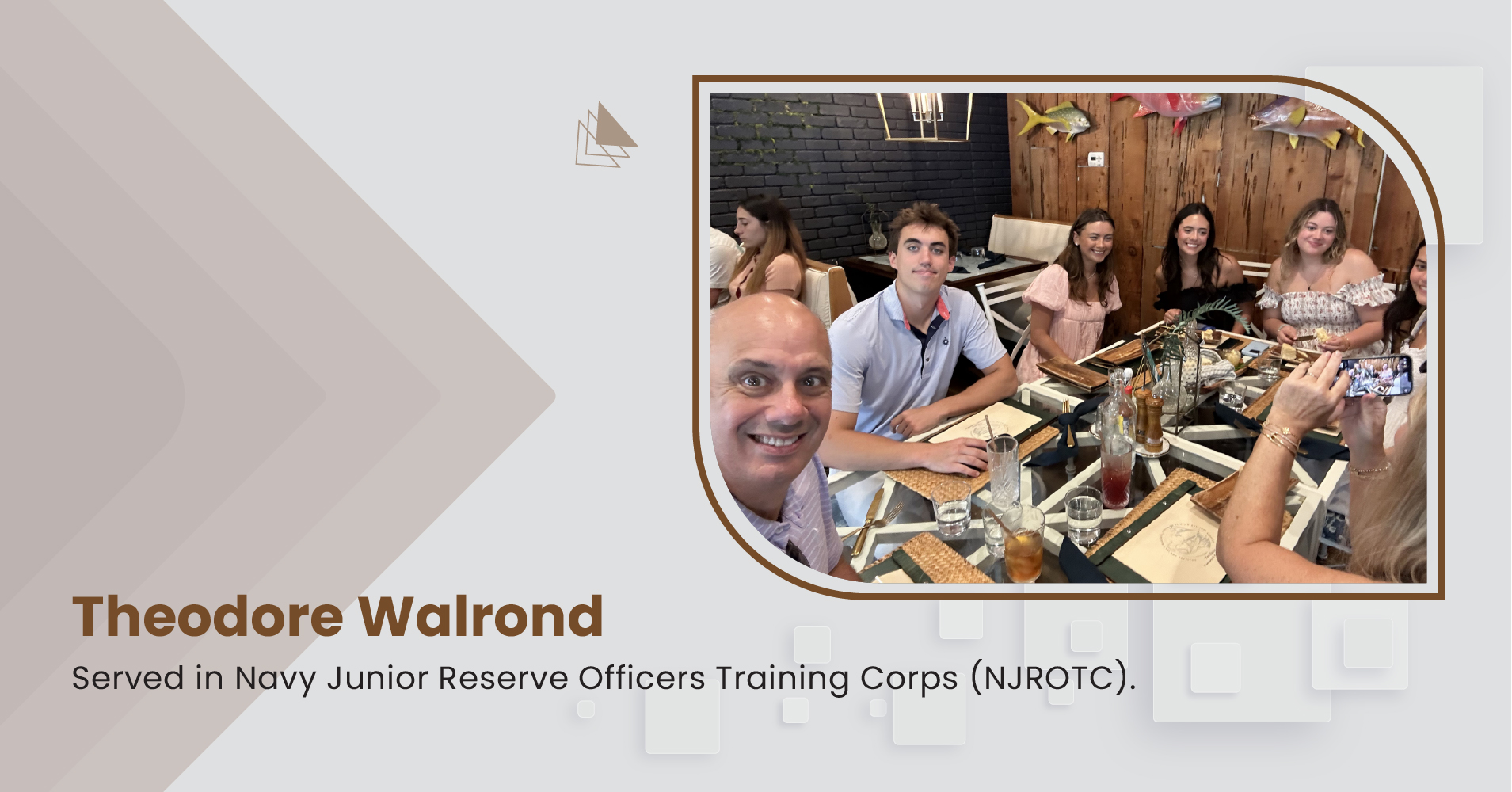
The path from a student sitting in a classroom to becoming a scientist in a research lab is a journey filled with curiosity, perseverance, and growth. Aspiring scientists embark on this journey with a passion for discovery and a desire to contribute to the body of knowledge that drives our understanding of the world. This article explores the key stages of this journey, highlighting the challenges, milestones, and experiences that shape the future scientists of tomorrow.
The Spark of Curiosity
Every scientist’s journey begins with a spark of curiosity, often ignited in the early stages of education. Many aspiring scientists build their careers on an initial curiosity, whether they’re fascinated by the stars, interested in the natural world, or eager to solve complex problems. Engaging science teachers often nurture this curiosity by bringing abstract concepts to life, making science both accessible and exciting
In the classroom, aspiring scientists learn the fundamental principles of science through subjects like biology, chemistry, physics, and mathematics. These subjects equip them with the essential knowledge and skills needed for more advanced and specialized fields. In these formative years, students begin to develop critical thinking skills, approach problems methodically, and see the world through the lens of scientific inquiry.
The Role of Mentorship
As students progress through their education, mentorship becomes increasingly important. Teachers, professors, and more experienced scientists provide guidance, encouragement, and insight that help aspiring scientists navigate the complexities of their chosen fields. Mentors can offer invaluable advice on selecting the right courses, pursuing research opportunities, and developing a professional network.
In college and university, mentorship often takes on a more formal structure, with students being paired with advisors who guide their academic and research endeavors. These relationships can profoundly impact a student’s career trajectory, offering support during challenging times and celebrating successes along the way. For many, their mentors become lifelong collaborators and sources of inspiration.
Gaining Hands-On Experience
While classroom learning is essential, transitioning from student to scientist begins when aspiring scientists gain hands-on experience in the lab. Research opportunities, internships, and lab assistant positions allow students to apply their knowledge in real-world settings, testing hypotheses, conducting experiments, and analyzing data.
These experiences are often the first taste of what it means to be a scientist, and they can be both exhilarating and daunting. Lab work requires attention to detail, patience, and a willingness to embrace failure as a learning opportunity. In the lab, students learn the importance of perseverance and collaboration, as scientific discoveries are rarely made in isolation.
The Pursuit of Advanced Degrees
For many aspiring scientists, the next step is pursuing an advanced degree, such as a master’s or doctorate. Graduate school is a time of intense learning and research, where students delve deeply into their chosen fields and contribute original research to the scientific community.
Graduate students often face significant challenges, including the pressure to produce publishable research, secure funding, and balance their academic responsibilities with their personal lives. However, this period also saw tremendous growth and development. Students learn to think critically, communicate their findings effectively, and navigate the complex landscape of academia.
Pursuing an advanced degree also provides opportunities for collaboration with other scientists, both within and outside their institutions. Conferences, seminars, and collaborative projects allow students to share their work with a broader audience, receive feedback, and build connections that will be valuable throughout their careers.
Transitioning to the Research Lab
The culmination of years of study and research is often the transition from graduate student to professional scientist working in a research lab. In the research lab, scientists work on various projects, from basic research aimed at understanding fundamental processes to applied research focused on solving specific problems. The work can be demanding, requiring long hours, meticulous attention to detail, and the ability to think creatively about complex issues. The opportunity to contribute to discoveries that have the potential to change the world, improve lives, or expand our understanding of the universe is a powerful motivator.
The Ongoing Journey
The journey from classroom to research lab is just the beginning for aspiring scientists. Science is dynamic and ever-evolving, and pursuing knowledge is lifelong. As scientists continue to learn, grow, and adapt to new challenges, they play a crucial role in shaping the future of our world. With passion, perseverance, and a commitment to learning, the journey from student to scientist can lead to a fulfilling and meaningful career dedicated to advancing our understanding of the world and improving the lives of others.